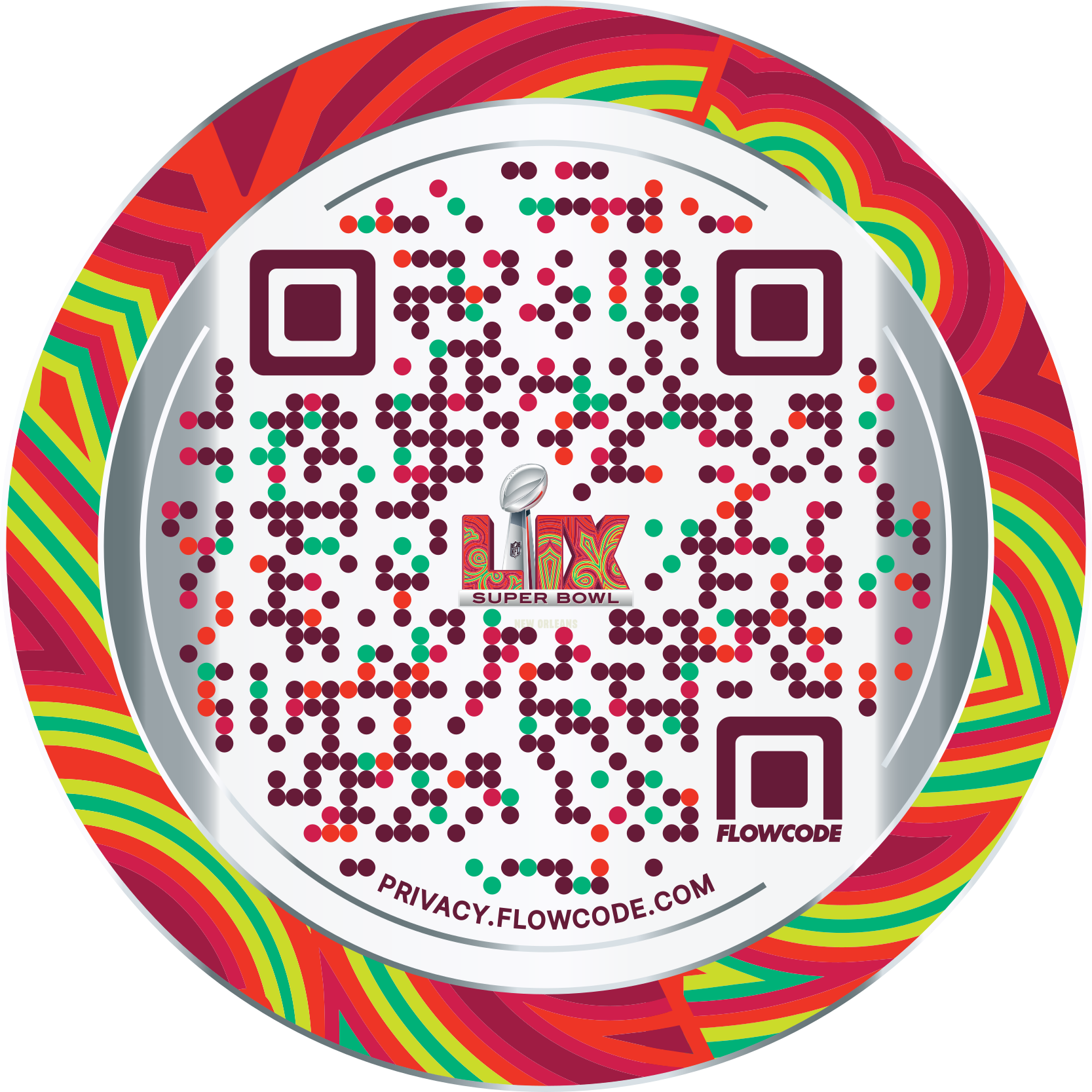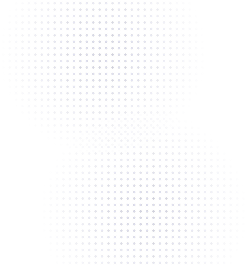If you’ve decided to tie the knot, congrats! Weddings are a time for celebration and joy, but wedding planning can definitely be a bit more stressful. One excellent tool to streamline the wedding process and reduce pre-wedding jitters is the QR code.
In case you missed it, QR codes (short for Quick Response codes) are scannable images that can instantly be read by your smartphone camera. In the context of weddings, this technology really comes in handy for several administrative tasks, including: collecting addresses and RSVPs; setting up wedding registries; organizing seat assignments; and finally, collecting wedding photos.
In this post, we’ll give you the rundown on exactly how to create QR codes for each specific use case, and how Flowcode can instantly provide you with elegant, customizable and affordable QR codes. Let’s dive in.
Collecting Addresses for Weddings with QR Codes

This stage of wedding planning can be incredibly tedious, as it often requires you to contact each guest over text, email or phone to ask for their address. Plus, in the wake of COVID, so many people have moved during and after the pandemic. Fortunately, collecting addresses can be a little less daunting with the help of Flowcode QR codes.
And the best part is that we’ve got a team of dedicated artists ready to help you design your own code.
What are the benefits of collecting addresses with QR codes?
Easy to embed. QR codes can easily be added to any digital or printed format. Whether it’s a text, email, or printed card, you can add your own unique QR code to any of these formats.
User-friendly. Many other forms of data collection can be a bit cumbersome, thus increasing the likelihood that recipients will forget to respond. Since it’s quite simple to enter information after scanning a QR code, this will encourage guests to respond in a timely manner.
Data-friendly. You can link your QR code to a form, which will then route information to one central spreadsheet. This is a much more cohesive, streamlined process than manually adding addresses to one location.
Easy to create. QR codes are an incredibly easy tool, partially because they’re quite easy to customize and download in minutes.
Want to create a QR code to collect addresses? Head over to Flowcode’s free QR code Generator to personalize yours with your particular wedding logos, colors and shapes.
How do you share your wedding QR code?
There are many ways to get your QR code out into the world that will generate quick responses. Regardless of your method, the benefit of using QR codes is that it will automatically populate guests’ addresses into one spreadsheet or location. Say goodbye to the transfer errors and the drudgery of copy and pasting. Here are some preferred methods:
1. Wedding Website. Place a QR code prominently on your website, matching it with your wedding theme and colors. And don’t forget to add a CTA above the QR code, like “Scan to share your address.” This prompt encourages guests to actually use the code.
2. Email. Your online save-the-date or announcement is a great opportunity to collect guests’ addresses so they can receive a mailed invitation.
3. Messaging Apps. Consider embedding a QR code in a message using iMessage, WhatsApp, Telegram, Signal or Messenger. This is a great way to meet your guests where they are, and the process will automatically save each address in the same spreadsheet.
4. Social Media. Post a photo or video on Instagram featuring your own personalized QR code. Consider sending it as a private group DM or making a separate private account devoted specifically to your wedding.
5. Physical event or location. Whether it’s an engagement party or an event where guests share a common space, it makes sense to place your QR code on prominent signage to generate quick responses.
How do you collect addresses from your QR code?
Once you’ve landed on how you’d like to share your QR code, it’s time to nail down your data collection method. Here are some popular ways to collect addresses:
1. Flowpage. Flowpage is a mobile-first landing page that allows you to seamlessly collect information with the click of a button. In concert with our companion product, Flowcode, you can create forms quickly and easily. With Flowpage, you can create a form that highlights your wedding details, photos, social media links, and of course, a form to input your guests’ wedding addresses. Here’s how: create your Flowpage, then use the ‘Contact Collection Widget’ and select name and address. This widget will automatically populate information into the Flowcode platform.
2. General Form Response Platform. Another great way to collect addresses is with response forms like Typeform, Google Forms, or Survey Monkey. Use whatever form you’re most familiar with, then link it to your wedding QR code to prompt guests for their addresses and other details.
3. Wedding Response Platform. Another way to collect addresses is with wedding response platforms like Zola, Minted, or WeddingWire. In addition to online invitations, RSVP management, guest list tracking and creating registries, these websites also feature handy address collection features.
Now that we’ve shown you all the fun ways to collect wedding addresses, you can easily tick this off your to do list.
Want to learn more about how to collect addresses for weddings using QR codes? Check out this article here.
Collecting RSVPs with QR codes

While we’re on the topic of streamlining data collection, QR codes are great for collecting RSVPs. Just like collecting guest addresses, managing wedding RSVPs can be a cumbersome process. With the help of Flowcode QR codes, however, this simple yet tech-savvy solution allows your guests to share information in minutes. The best part? it only takes you a couple of minutes to create your own QR code.
What are the benefits of using a wedding RSVP QR code?
Since most people use their smartphones quite regularly, QR codes are a simple, hassle-free solution that can easily be slotted into peoples’ everyday habits. Here are some advantages:
Generates a quick response. Called quick response for a reason, QR codes quickly allow your guests to RSVP by scanning a code. This code will then redirect guests to a landing page or guest list where they can easily fill in details. No more worrying about RSVPs getting lost in the mail, or guests forgetting to respond.
Works on many surfaces. Depending on your preference, QR codes can easily be embedded into any digital or print process to add efficiency to your entire planning.
Serves multiple uses in the future. The best part about creating a QR code is that it can be repurposed for future use. Since Flowcode’s QR codes are dynamic, all you have to do is change the scan destination of your QR code in the future. For instance, you could use the same code to share all your wedding photos in a gallery.
How can you share wedding RSVP QR codes?
While many couples continue to send wedding invites via mail, you can accelerate the process with QR codes. Instead of the rather tedious, slow, and cost-intensive process of sending wedding invites, here are a few alternatives involving QR codes:
1. Add it to your wedding website. Simply embed a personalized QR code to your wedding website that allows guests to scan it and fill out a quick form.
2. Print it on your invitation. If you’re still keen on the more traditional route, print a QR code on your invite that allows guests to RSVP directly on their phones. This way, you’ll avoid any extra mailing or postage.
3. Incorporate it into a gift. One fun, exciting way to create an RSVP QR code is with a gift. Whether it’s a picture frame or another type of keepsake, you can easily incorporate a Flowcode QR code into any surface that includes your wedding details.
4. Share over messaging apps or social media. Want to quickly coordinate RSVPs? No shame in the messaging game, as there’s no faster way to get the ball rolling.
How do you collect RSVPs from your QR code?
Landed on your method of sharing? Now it’s time to zero in on how you’d like to collect RSVPs. Here are great options:
1. Flowpage. As previously mentioned, Flowpage is a mobile-first landing page that allows you to create forms quickly. In conjunction with Flowcode, it’s an incredibly efficient way to collect RSVPs with just the click of a button.
To collect RSVPs, simply create a ‘Contact Collection’ widget, select ‘Name,’ ‘Additional Guests,’ ‘Dietary Restrictions,’ and anything else that’s relevant. Once your guest has added their information, it will automatically populate into the Flowcode platform. Voila! A one stop shop for all your QR and information collection needs.
2. Wedding Website. Just like collecting guest addresses, wedding response platforms like Minted, TheKnot, Zola, or WeddingWire work great here as well. If you’re already using one of these platforms to host your wedding website, you can easily slot it in as the scan destination.
3. Form Response Platform. If you’re familiar with Typeform, Google Forms, or Survey Monkey, these platforms are excellent ways to collect wedding RSVPs.
Want to learn more about how to simplify wedding RSVPs? Check out this article here.
Wedding Registry QR codes

Now that you’re a pro on how to collect wedding addresses and RSVPs, it’s time to dive into wedding registries. Another great way to simplify the wedding registry process is, you guessed it: QR codes.
Just like wedding addresses and RSVPs, QR codes also help guests easily scan to a wedding registry in a stress-free way. Guests often forget to purchase items from a registry since the website is buried in one email or another. With QR codes, this links directly to a registry for a hassle-free purchase.
What are the advantages of using a wedding registry QR code?
Easy to use. Since everyone generally owns a smartphone, it’s easy to scan a QR code directly from your phone that leads to a wedding registry.
Cost effective. Weddings can be full of hidden costs and extraneous expenses, so using QR codes is a great way to avoid printing and postage costs.
Fun and interactive. Weddings don’t have to be so stuffy and serious. Why not shake things up in a tech-savvy way with an engaging QR code?
Environmentally friendly. Forgoing the printing route? Linking QR codes to your wedding registry is a responsible way to reduce your carbon footprint when planning your wedding.
How can you share wedding registry QR codes?
Your wedding registry QR code can easily be printed in your wedding invitation or included in a digital format, like email, message or even social media. As before, you can link your QR code directly to a wedding registry website like Zola, MyRegistry, or Joy. And for the less tech-savvy in the bunch, remember to include your wedding website in your invitation to make accessing your wedding registry easy.
Interested in learning more about how to use Flowcode for wedding registries and gifts? Read this article here. Want us to create a custom code for your wedding registry?
Wedding Seating Assignment QR Codes

When it comes to wedding seating assignments, the traditional way of directing guests to their seat assignments often involves a flurry of tent cards stationed on one long table. This method can lead to an awkward crowding of people shuffling around the table at once, so it’s a rather inefficient way to lead guests to their seats.
With QR code technology, however, you can easily create a seating chart that can be obtained with the simple scan of a smartphone. Not only is this method easier to implement, but it’s significantly easier for wedding guests to find their seats as well.
What are the pros of using QR codes for seating charts?
Reduces cost. Instead of printing out multiple place seating cards for your guests, you only need to create a single form of QR code signage. Whether it’s a poster board or a digital QR code, this method is far more budget friendly, especially if you’ve invited many guests to your wedding.
Boosts organization. No one loves a chaotic, disorganized wedding, especially with many guests in the mix. Using a QR code seating chart instead of multiple printed cards instantly transforms your wedding into a smooth operation that everyone can enjoy.
Modernize the event. In today’s digital age, weddings have shifted away from many of the traditional trappings in an effort to be more cost effective and even environmentally friendly. Using QR code technology for your seating chart signals to your guests that you’re cool and hip.
How exactly do you create and share a QR code for seating charts?
Convinced by all the benefits of QR codes for creating seating charts? Here’s how to create your very own QR code seating chart:
Step 1: Create your template you’d like to use for your seating chart. To kickstart your design, consider using design platform Canva to create your own with another platform.
Step 2: Once you’ve made your seating chart template, it’s time to link it to a URL which users can access after scanning the QR code with their smartphone.
Step 3: If you don’t already have a Flowcode account, it’s time to sign up in order to create a Flowcode QR code.
Step 4: Before printing your QR code, test it out to make sure it scans to the right destination.
Step 5: Download and print your Flowcode with your computer, or use the Flowcode print store to elevate your QR code. Voila! Your Flowcode QR code now has a seat at the table.
If you’re interested in learning more about how to manage seating charts at your wedding with QR codes, read this article here. Want to make a seating chart QR code?
Wedding Photo QR Code

One of the most significant aspects of weddings is capturing magical moments through photography. However, collecting wedding photos from guests can be a hassle. Traditionally, the couple needs to request photos from guests or hire a photographer to capture every moment.
Wedding photo QR codes have become increasingly popular on the wedding circuit as they provide an instant solution to photo sharing. They allow guests to instantly share their photos with the couple and other guests.
QR codes can be created and placed around your wedding venue, enabling guests to scan them and upload their photos to a shared platform. This method allows couples to gather all wedding photos in one place, saving them much time and effort.
What are the advantages of using Wedding Photo QR codes?
No photographer needed. Save money on a costly photographer when you crowdsource your wedding photos! With tens or hundreds of guests at a wedding, there are so many great photos to explore and keep.
Don't miss out on precious memories. Enabling your guests a quick way to share these photos with you prevents people from forgetting to share memories. Get an inside look of what your special day meant to all your guests by getting extra photos to look back on.
Make it easy to circulate official photos. If you do hire a photographer, simply upload the professional photos to the same stream so guests can access them in real time.
Create a central hub for your guests. As a level up, you can leverage your QR code to add more than just photo sharing. Creating a mobile landing page such as a Flowpage allows you to curate helpful information such as: reserving a shuttle, viewing the wedding registry, and signing a digital guest book.
How do you create a wedding Flowcode QR code?
Interested in learning more about how to collect wedding photos with a QR code? Read the article here. Want to seamlessly collect photos using QR codes?
Whether it’s collecting memorable photos, assigning seat assignments, collecting RSVPs, or attendee addresses, QR codes are an undoubtedly efficient tool for planning the big day. Not only will they consolidate data collection when it comes to RSVPs and addresses, but they will drastically improve your guests’ experience. Happier guests will lead to a happier wedding, so it’s undeniably a win-win.
Own your flow on your special day with Flowcode!
Want to learn more about how QR code technology can streamline the wedding process? Learn more about how to create QR codes for weddings here.
Connect to unlock a personalized demo


































.png)














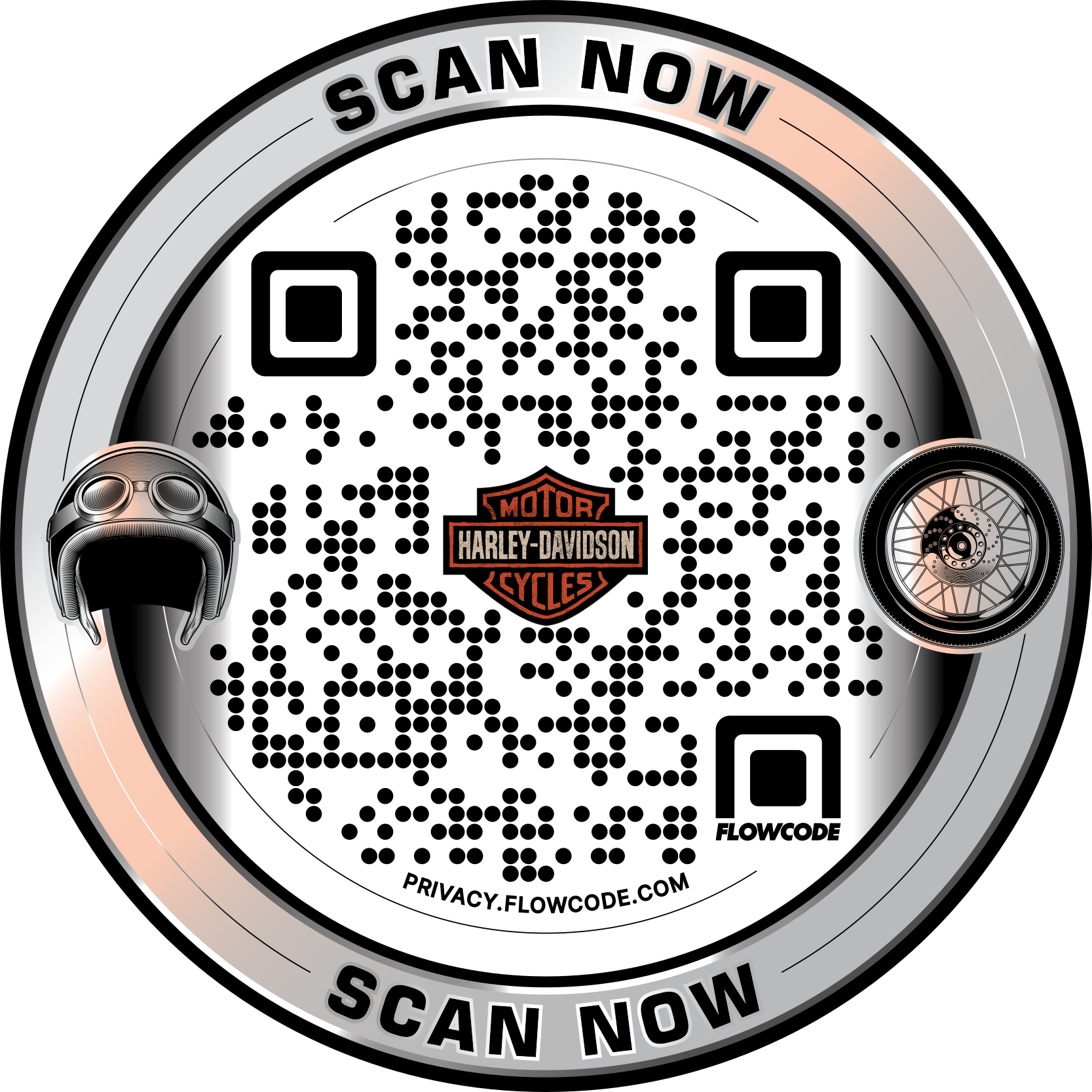
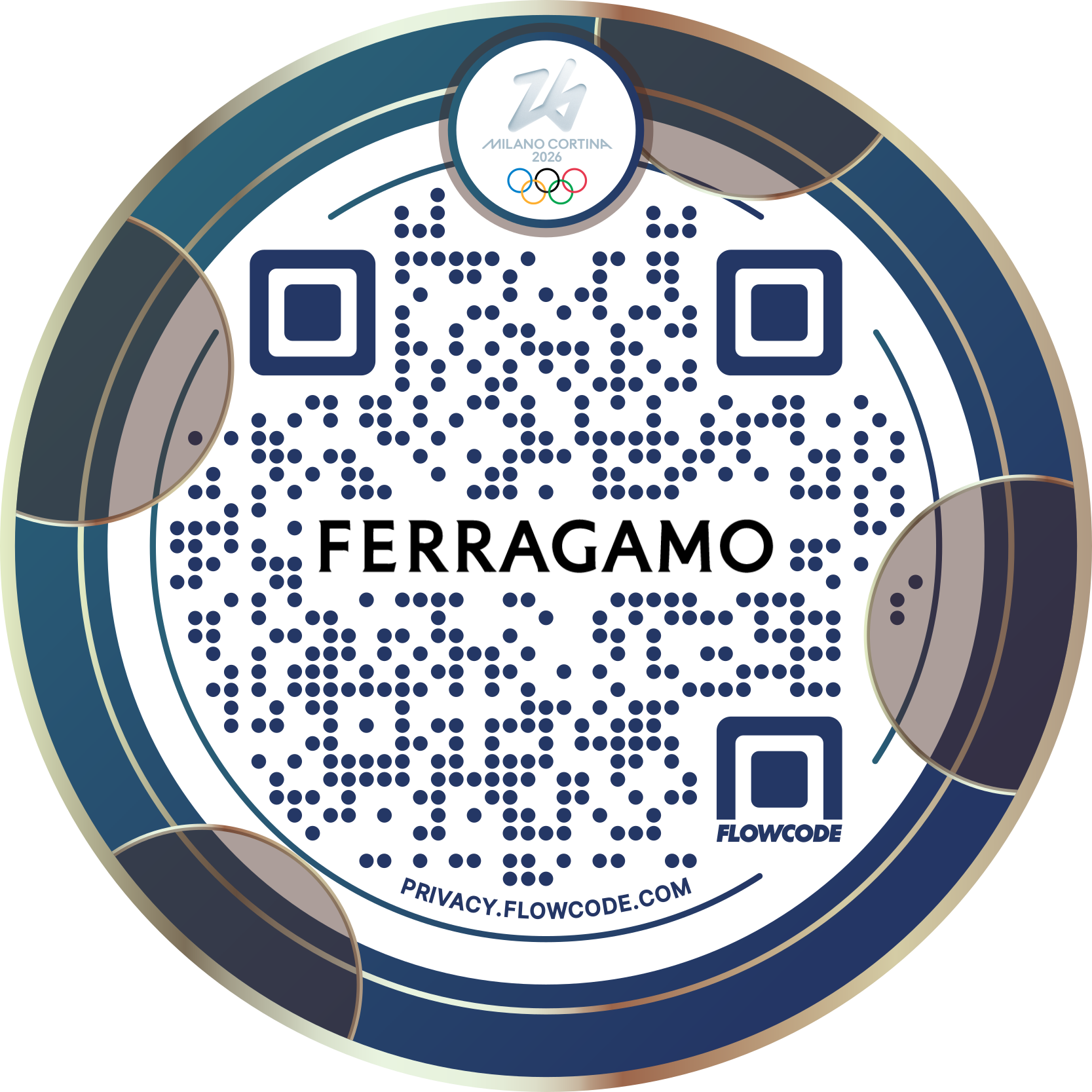
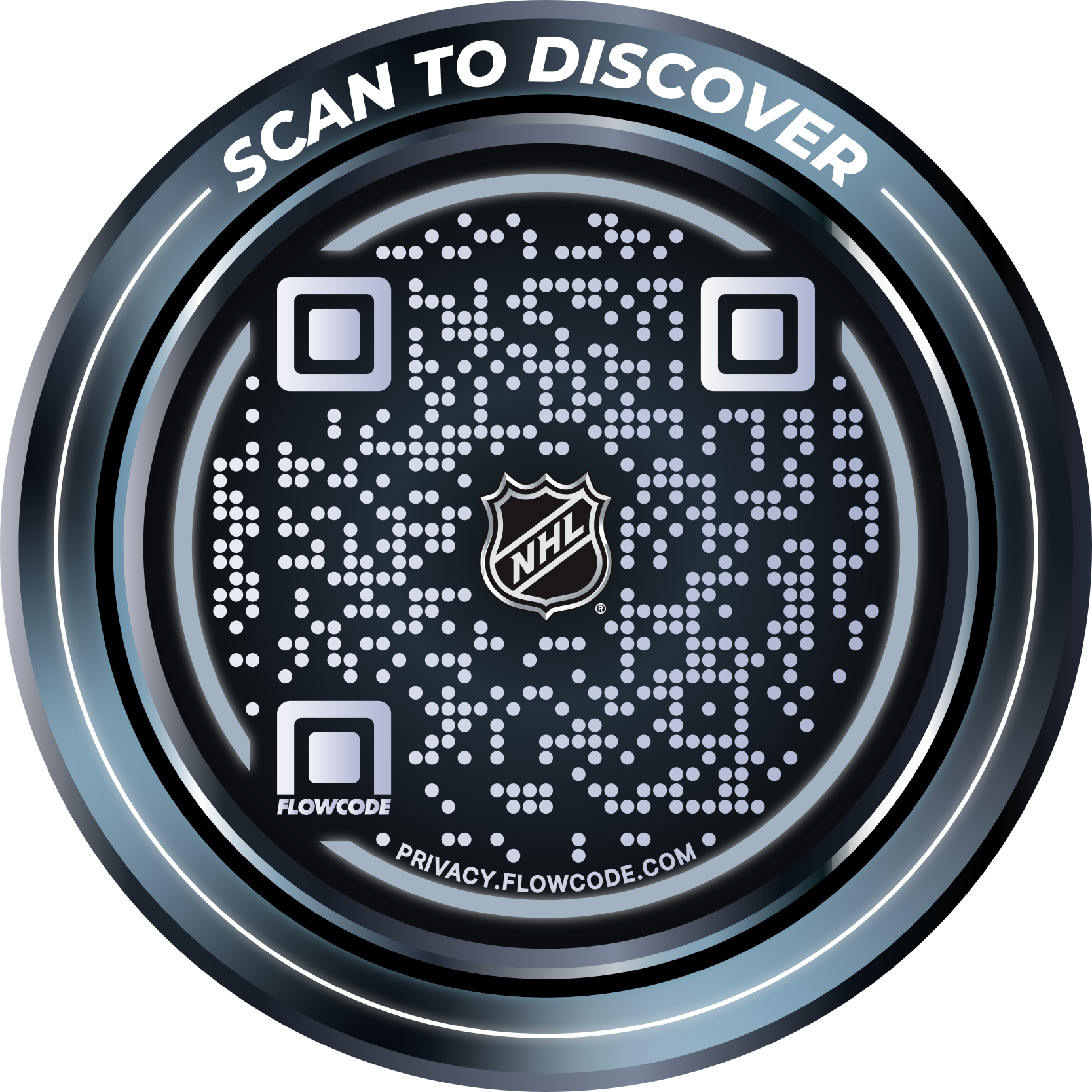
.png)
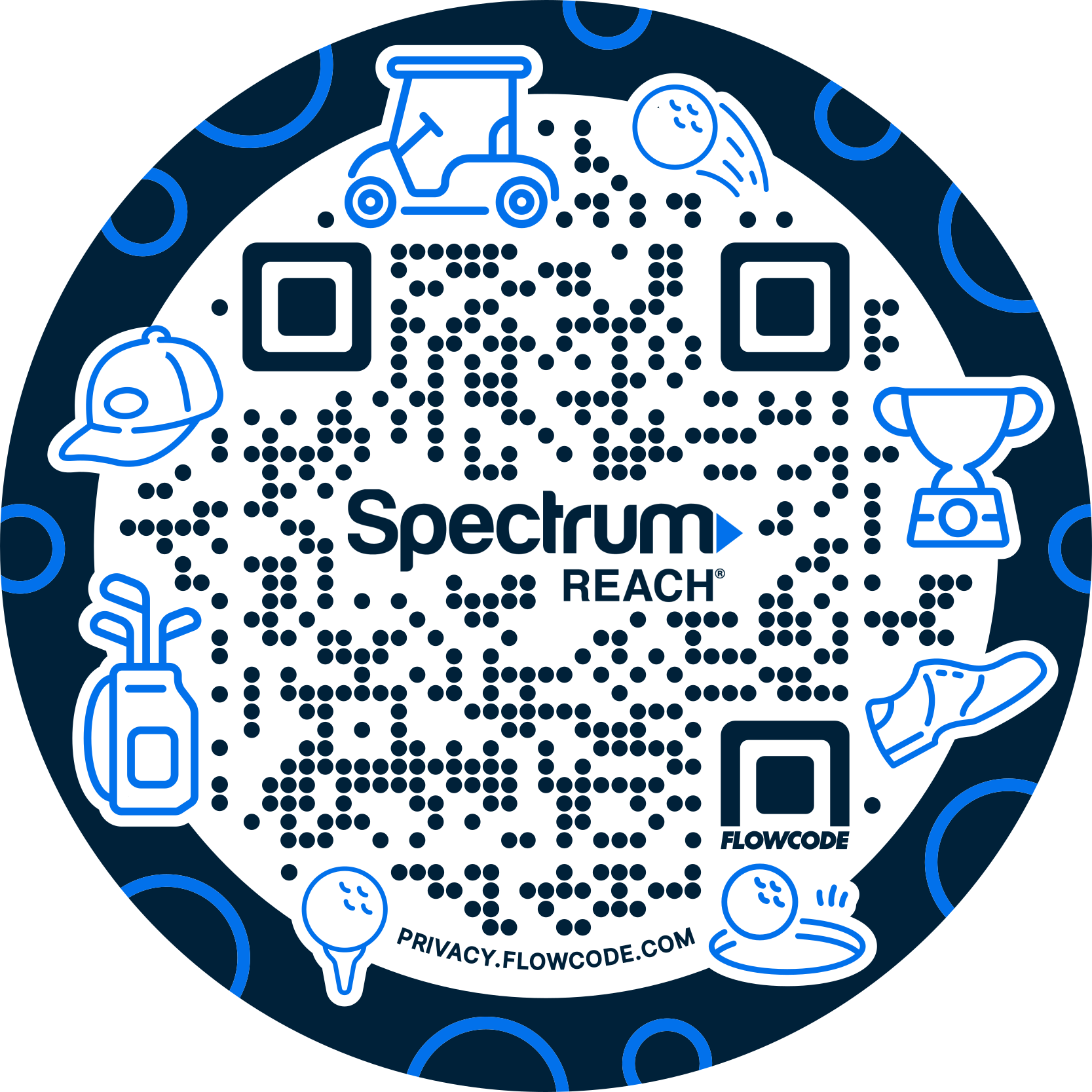
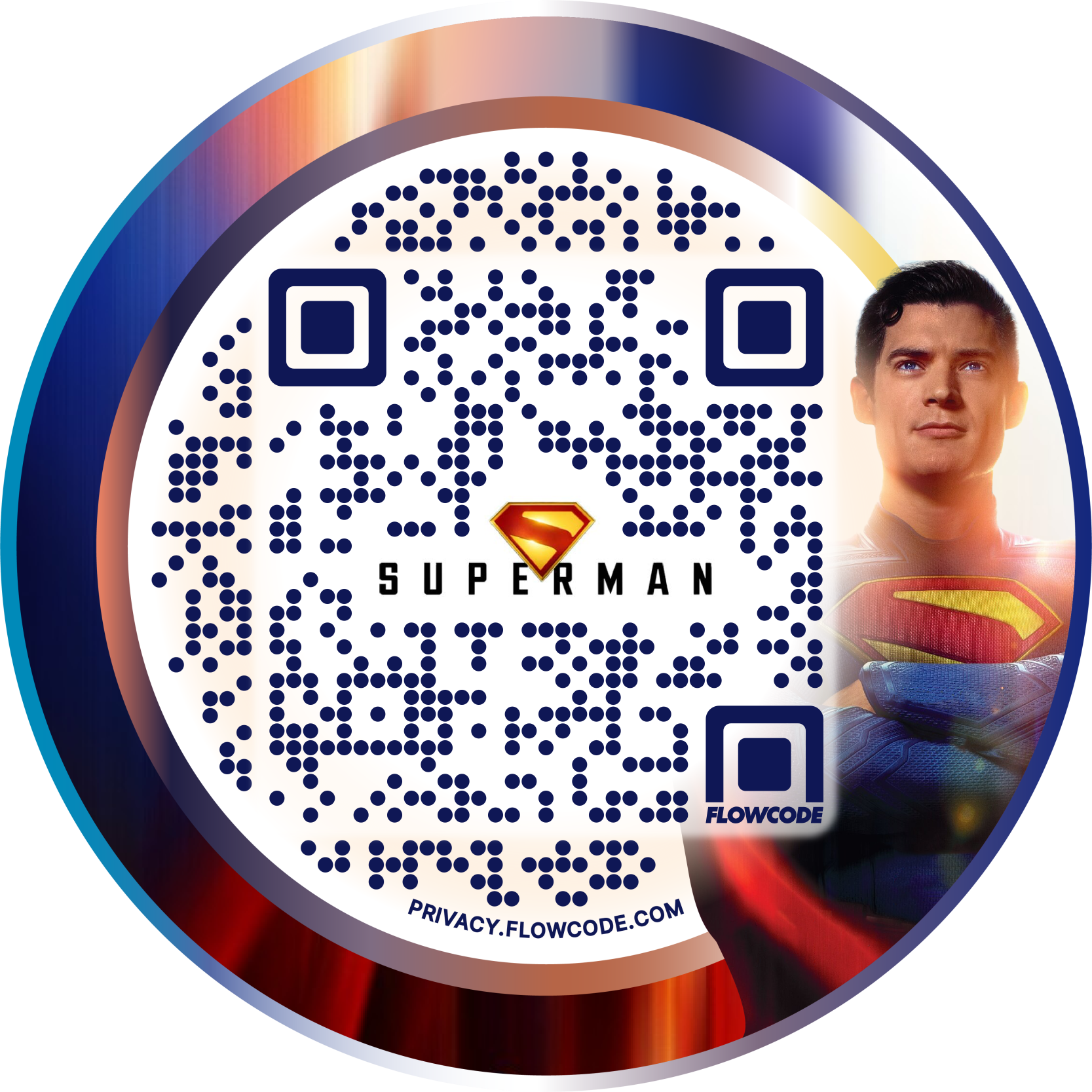
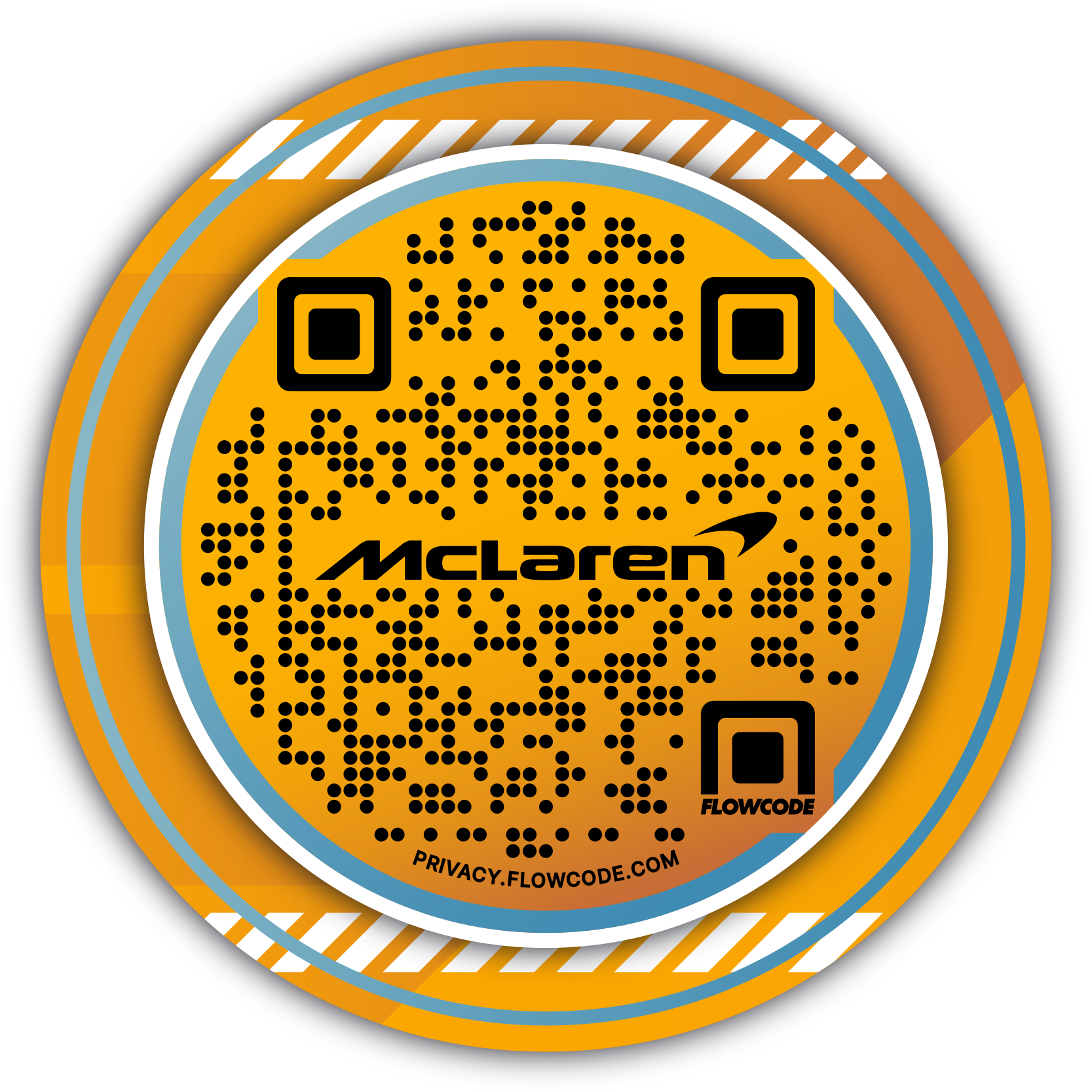
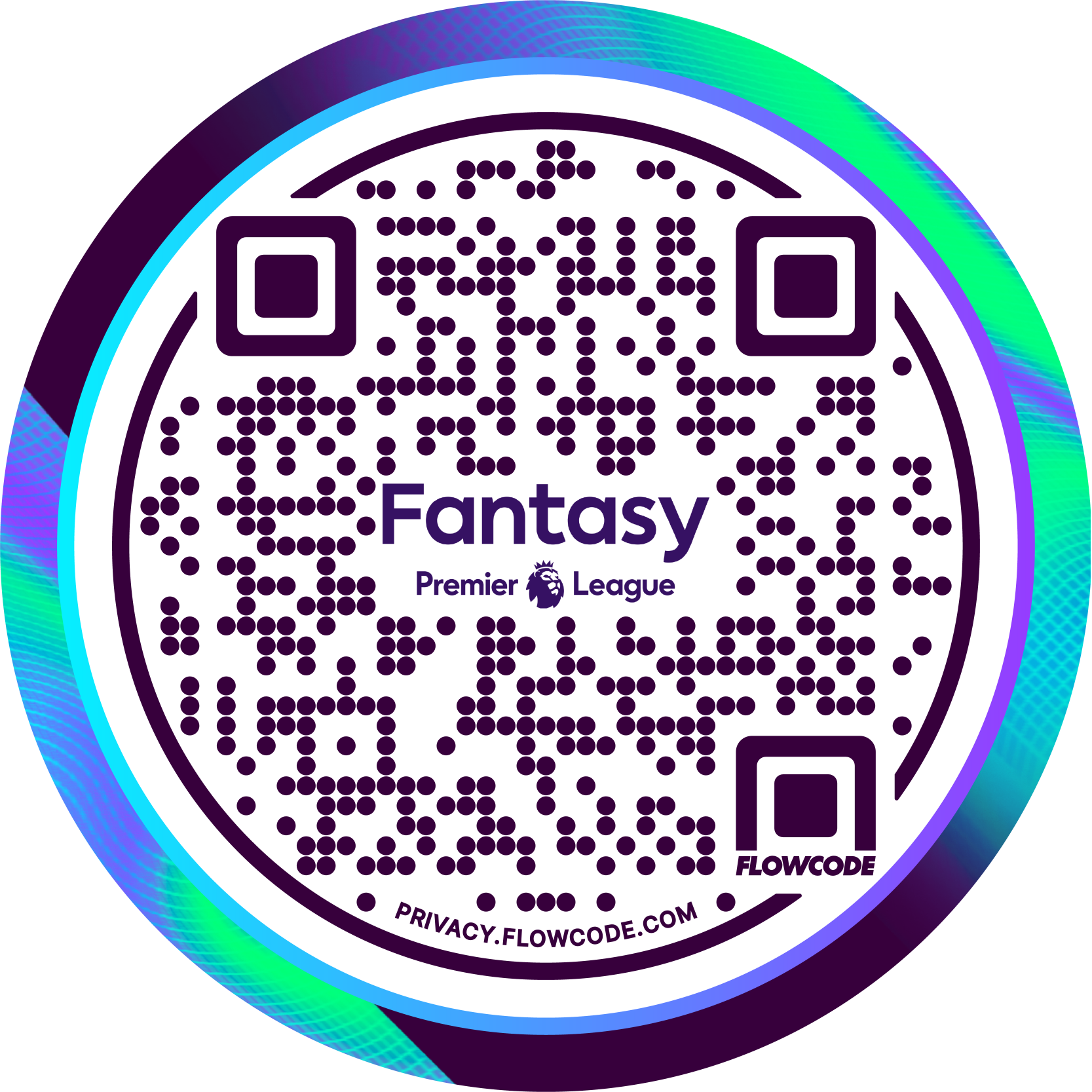
.png)
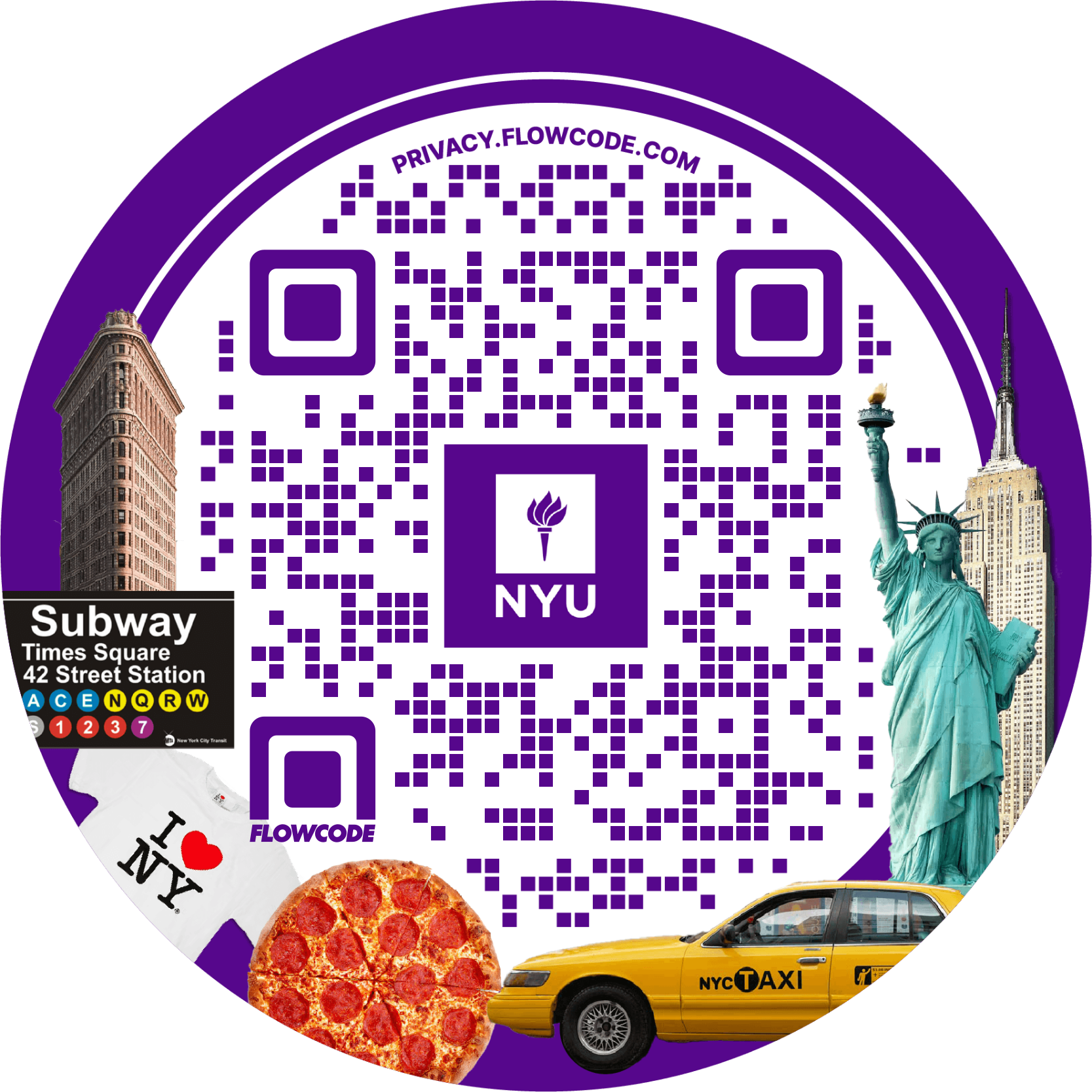
.png)
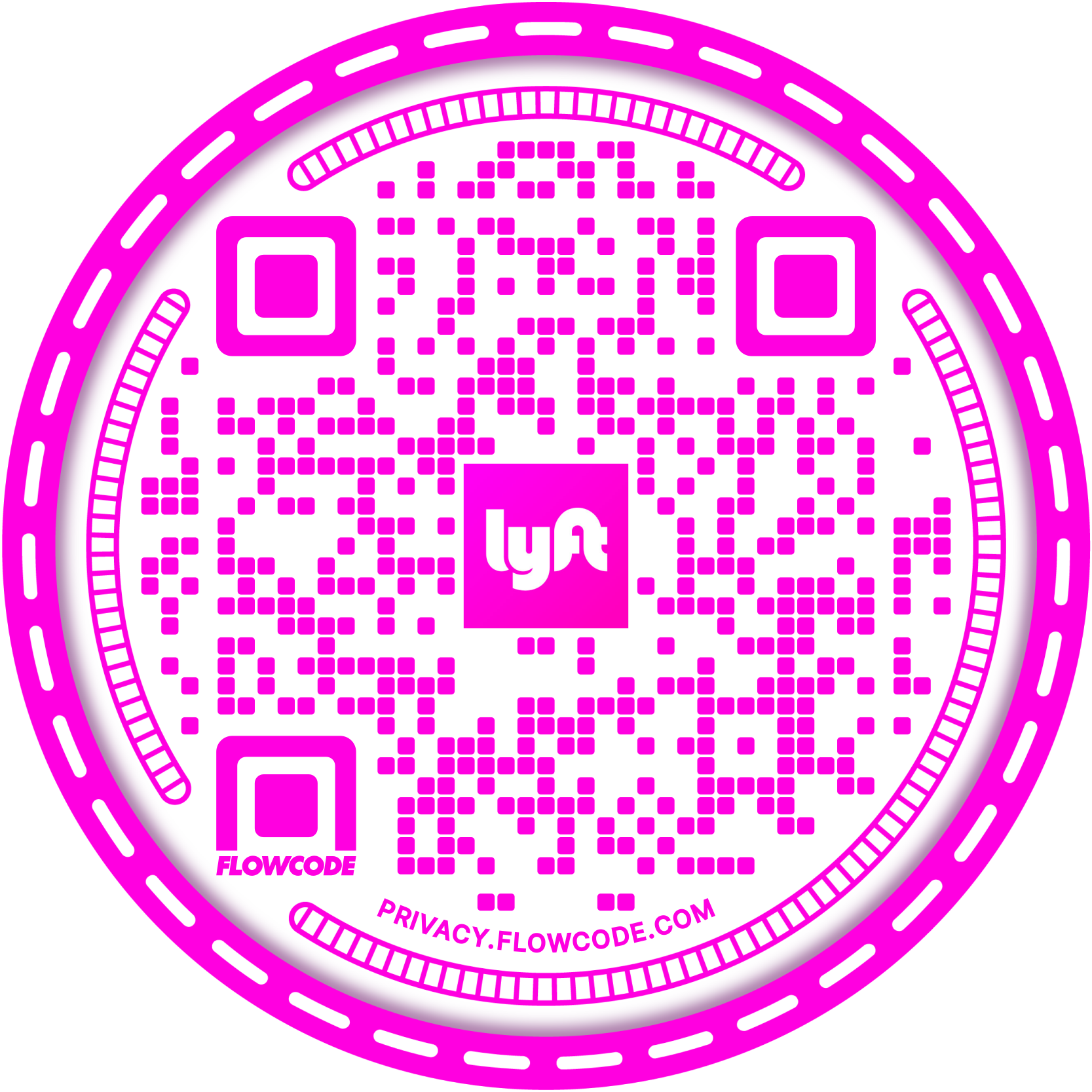
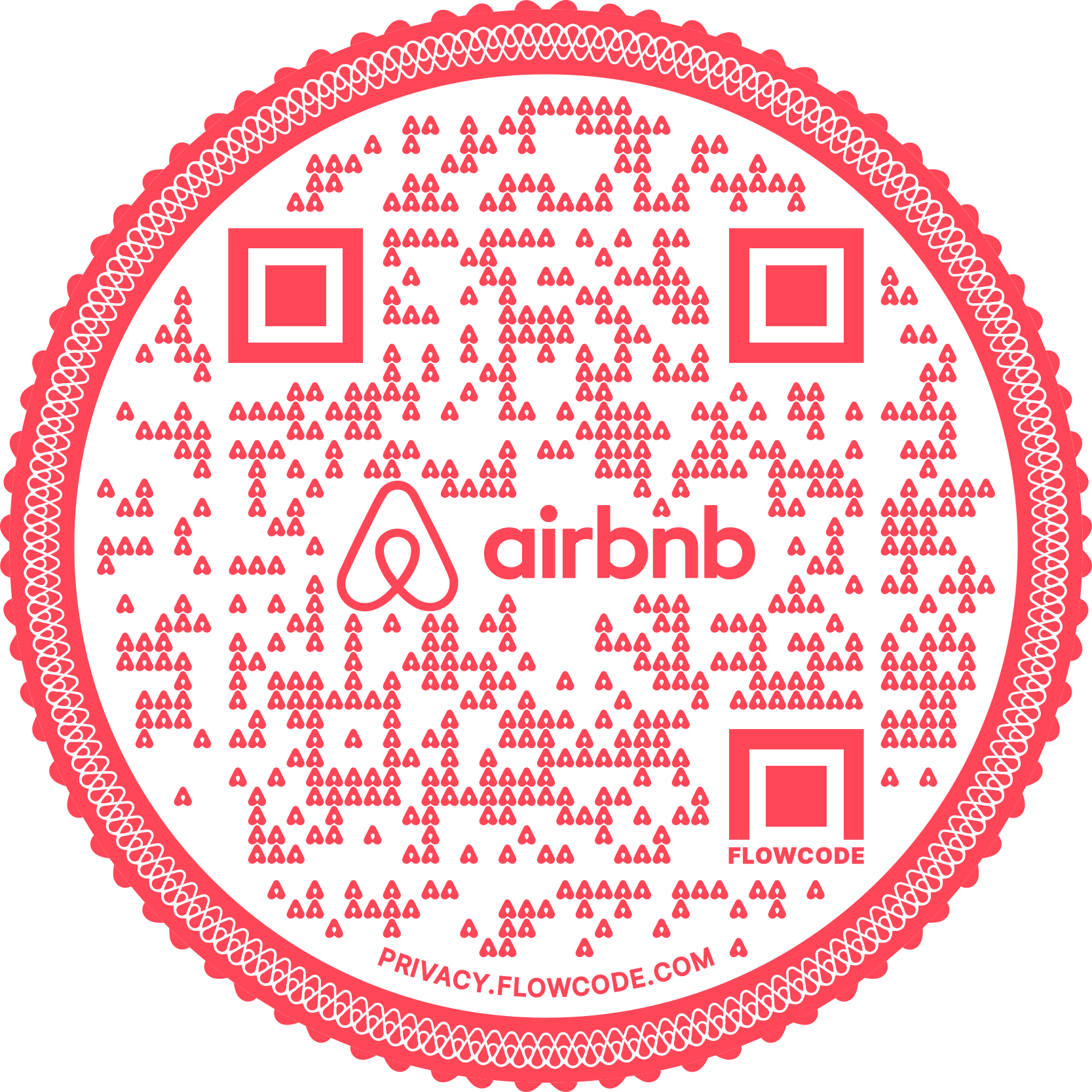
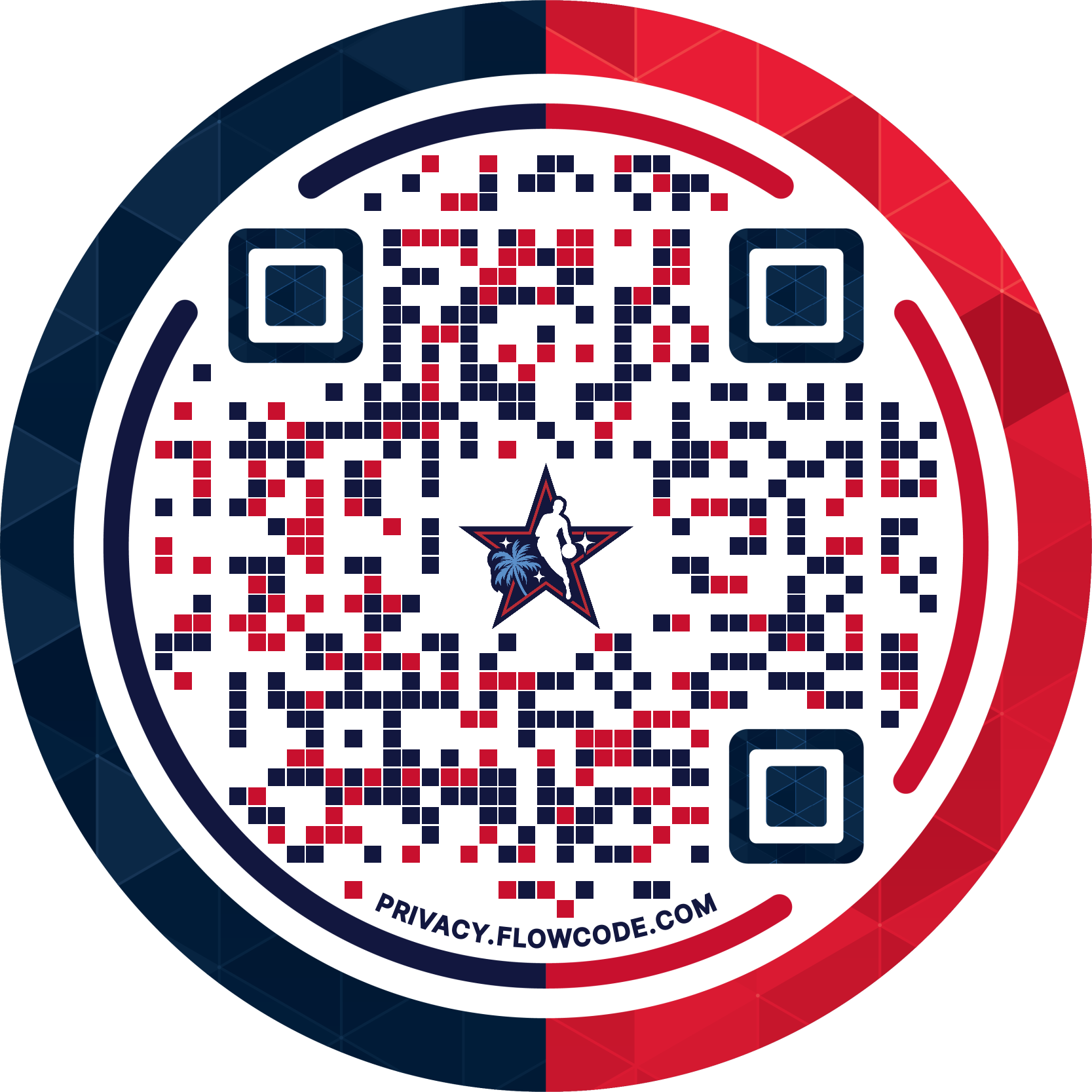
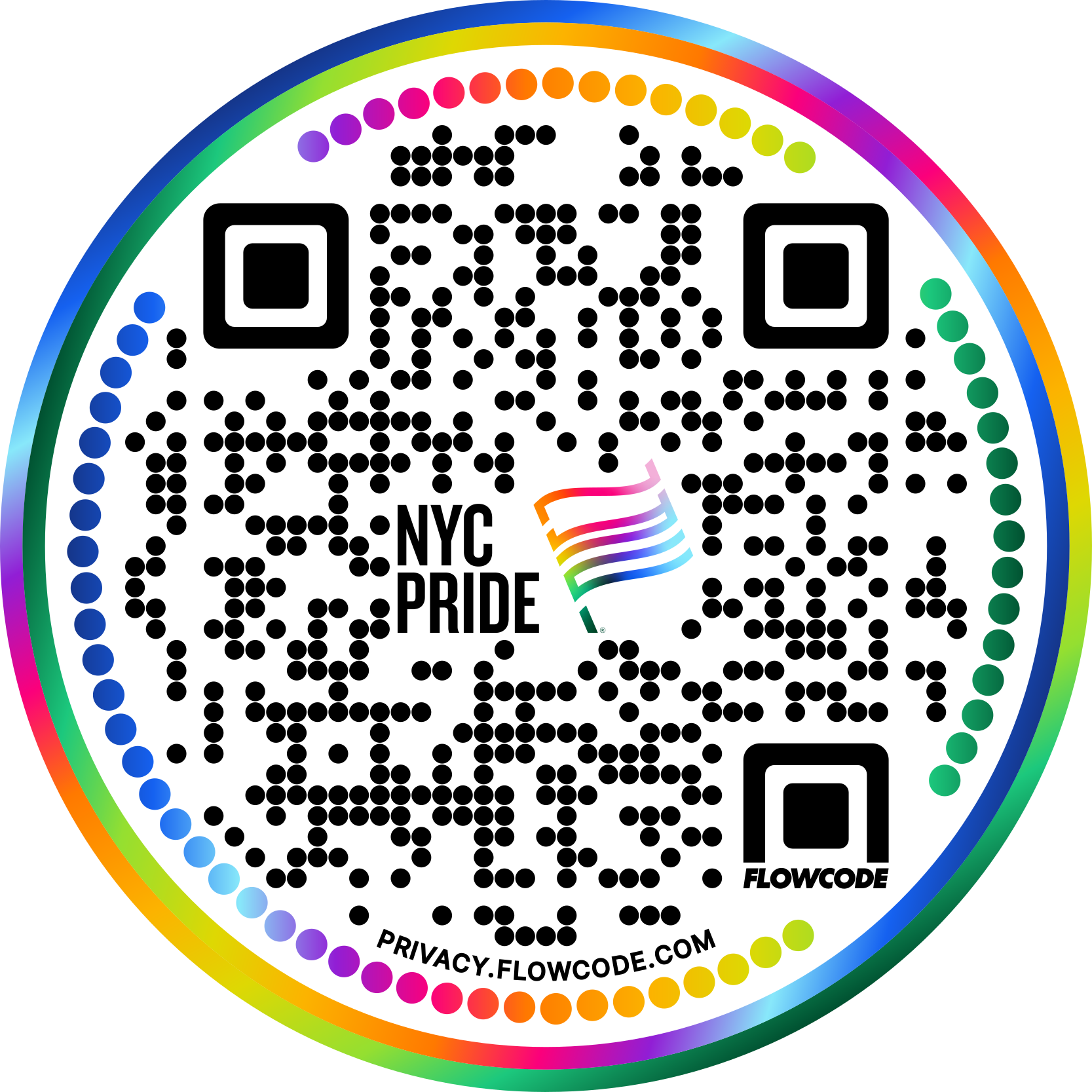

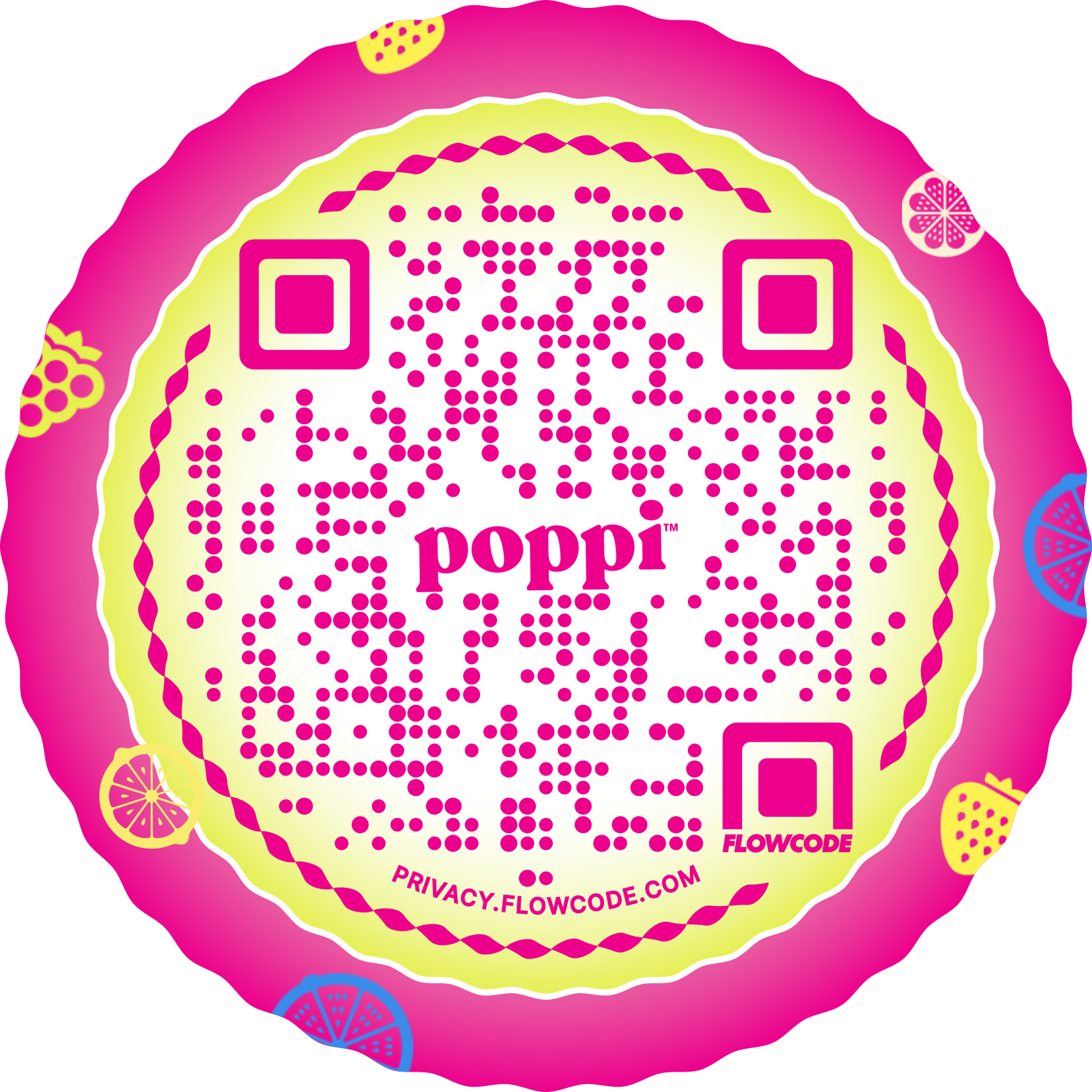
.png)
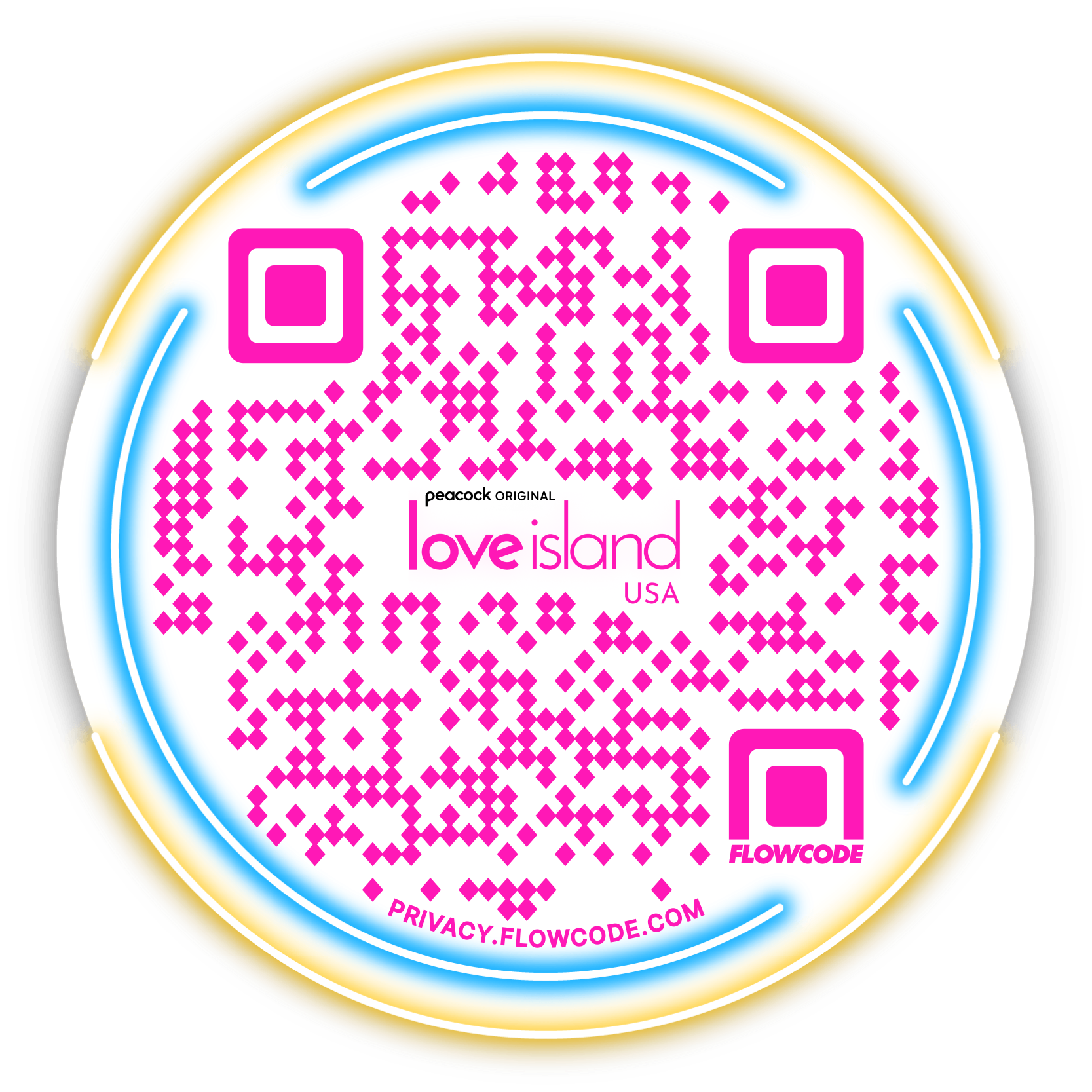

.png)
.png)
.png)

.png)

%20copy%203.png)






.png)


